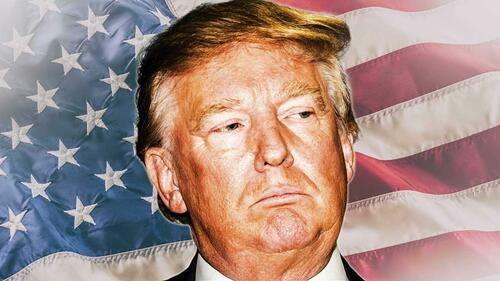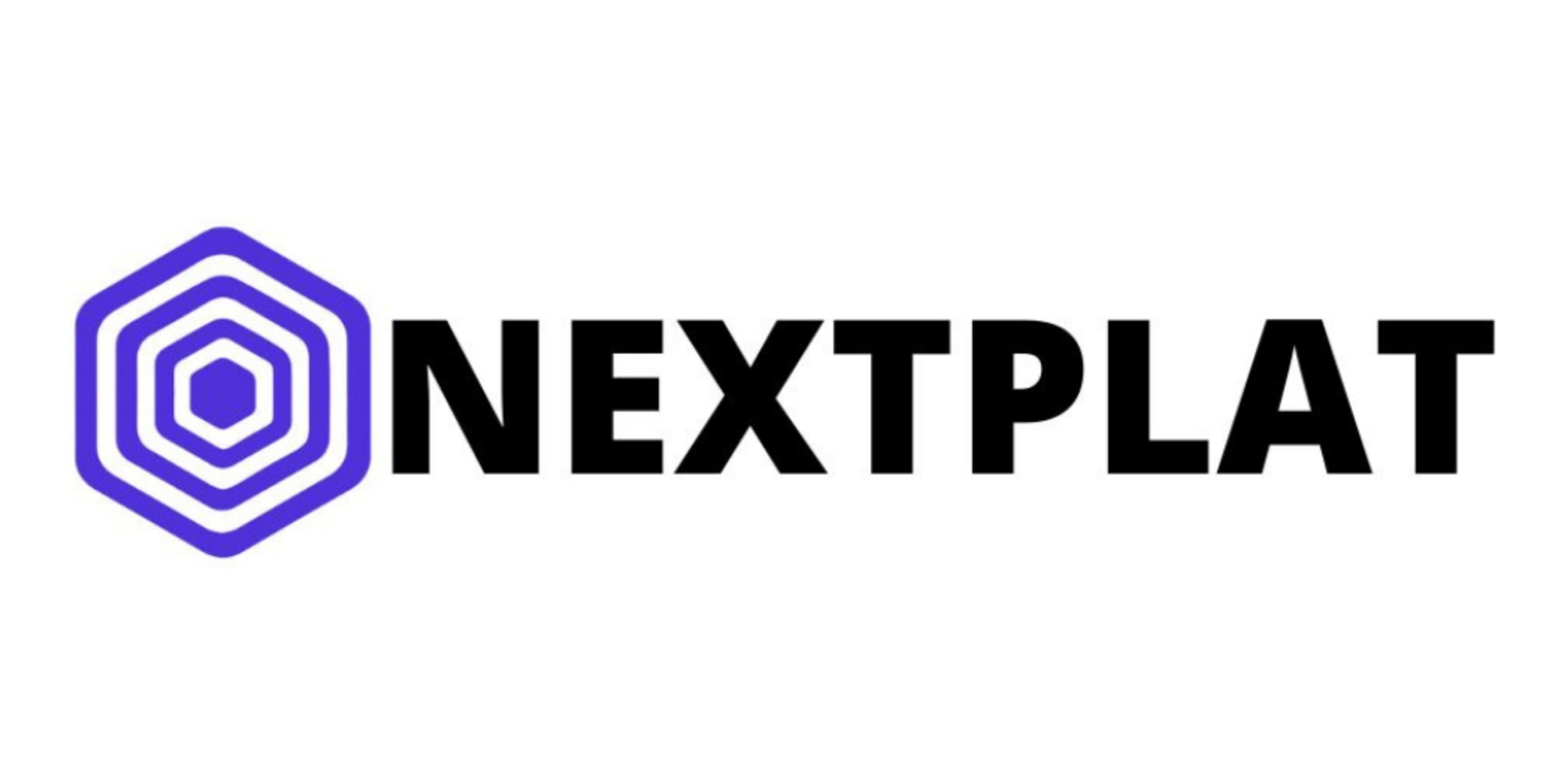Chakri Lokapriya, CIO-Equities, LGT Wealth, says investors should readjust their portfolios to focus on domestic companies with no US exports, avoiding global sectors like metals. A conservative portfolio is advised due to the volatile period before a bilateral agreement. IT sector concerns over US and Europe slowdowns may lead to decreased earnings.
PSU banks are a safer bet, given government spending and low valuations. How do you adjust your portfolio to this new world order, the post-tariff regime?Chakri Lokapriya: I guess we will readjust the portfolio every single day every time Trump comes up with something new. Having said that, clearly we will have to have a domestic facing portfolio in the sense that companies which do not have any exports to the US and second is all the global facing sectors, metals, etc, probably we will still stay away from.

It is going to be a conservative portfolio because in the next three-four months until India arrives at a bilateral agreement, it is going to be a volatile ride. I wanted to get your view actually on the auto space, given the fact that the likes of Bharat Forge, as a matter of fact, Tata Motors under pressure. You have a lot of OEMs under pressure on the back of what is happening on the tariff front and how should one read into all these sectors because they are traditional sectors one tends to invest in and given the news flow, how should one actually strategize for the future or for the long term now?Chakri Lokapriya: Companies like Tata Motors are fairly simple, straightforward.
They have exposure in the US and are kind of weak. But for companies like Bajaj Auto, other OEMs like TVS Motors, Hero Moto, there are hardly any exports to the US and therefore they should not be impacted as much. So, there you would have collateral damage, that is, if the overall economy slows down because of the turmoil, then it would slow down.
But there is no direct impact. And given that Bajaj Auto, Hero Motors have corrected a fair bit in the last one year, we can incrementally look at them as market stabilises. How would you stack up the traditional retailers like Avenue Supermart versus the quick commerce stocks like Zomato, Swiggy, or for that matter, even a Zepto, wherein the cash burn is really high?Chakri Lokapriya: Indeed.
In all the quick commerce companies, the discounting has probably slowed down, partly led by a certain amount of potential regulation making them hold back on the discounts that they offer. So that can in turn turn out to be a fairly good thing for the traditional retailers, the brick and mortar retailers, but those companies now have to deal with a consumer who is just coming off, hopefully of a slowdown and the reason I say that is with more money in their hands post-income tax cuts, they could probably benefit a little bit in terms of more spend per store. But for companies like DMart, because they are expanding so very fast, that will eat into their margins in addition to lower margins of the business.
So, I would still stay away from the DMarts of the world. IT is best avoided right now because of all the concerns, not just around AI transition, which were already at play, but now with US discretionary spending possibly getting shrunk?Chakri Lokapriya: The IT sector does not have any tariffs. It is just that because of an eventual slowdown in the US, and Europe, the fear is that will translate into lower discretionary spending.
If that is true, then earnings will probably get cut by another 3% to 5%. Against that, there is likely to be a further de-rating. So clearly, in light of what has happened in the last couple of days, one should remain neutral to at best to underweight IT.
If you have to bet on the banking space, given the fact that that is one of the spaces that everyone is talking about, would it be the private sector banking space or would it be the PSU banking space that you will tilt towards? Chakri Lokapriya: I would rather do the PSU banking space for the reason that most of the corporate spending, which for PSUs is government capex spend going towards the PSU banks. And the valuations are also very cheap. They are trading, whether it is SBI, trading at about one-time book to Canara Bank, Union Bank trading much below book value.
The risk-reward is pretty much in their favour. So, unless there is a broad-based economic slowdown, which will hurt all sectors, banking is a general place because it does not completely sidesteps the tariff issue war. It is more about the banks in themselves.
.
Business

How to adjust your portfolio post reciprocal tariffs? Chakri Lokapriya answers

Chakri Lokapriya advises investors to focus on domestic companies, avoid global sectors, and maintain conservative portfolios amid US tariff uncertainties. He suggests betting on PSU banks due to government capex and low valuations, while traditional retailers may benefit from reduced quick commerce discounts. The IT sector is best avoided due to potential earnings cuts.















